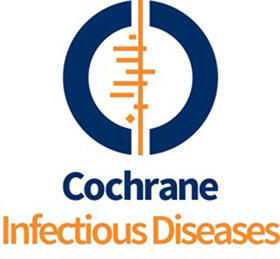
Researchers from the Cochrane Infectious Diseases Group, hosted at LSTM, have conducted an independent review to assess the effects of tafenoquine in people with Plasmodium vivax infection, particularly in terms of clearing dormant P. vivax parasites in infected patients to prevent relapse.
Vivax malaria is caused by the parasite Plasmodium vivax. The disease includes a stage of liver infection and this can cause relapse and can lead to further P. vivax transmission unless treated. Until recently the only drug available to treat the condition was primaquine, but this requires a 14-day course of treatment. Alternatives have been available more recently and one of these is tafenoquine, which does not need such a long course of treatment and has a longer half-life than primaquine. Like primaquine, tafenoquine can cause haemolysis, or the rupture of red blood cells, in people with glucose-6-phosphate dehydrogenase (G6PD) enzyme deficiency, which is a common genetic defect particularly in people of African and Mediterranean descent.
The authors from the Cochrane Collaboration examined the research published up to 13 April 2015. The authors identified 3 trials conducted in Thailand, India, Peru and Brazil on adults with confirmed P. vivax malaria with a total of 453 participants. All adults received chloroquine (to clear the parasites in the blood) and some groups received either tafenoquine, primaquine or no further treatment to clear the liver stage. All were observed for recurrences of P. vivax malaria for up to six months and all trials tested people for G6PD deficiency, excluding those that were deficient.
The review found that adults receiving tafenoquine at doses greater than 300 mg had fewer relapses than adults who had no further treatment and, and a higher dose may be better in relapse prevention than standard primaquine doses.
Rodrigo Chaturaka from Sri Lanka, one of the review authors who visited LSTM last year to work on the review, said: “Tafenquine appears to be more effective at preventing relapse that primaquine in adults, but at this stage the drug is untested in children and pregnant women. The shorter treatment course is a practical advantage, but the longer half-life could may have more substantive consequences if given inadvertently to people with G6PD deficiency.”
Rajapakse S, Rodrigo C, Fernando SD. Tafenoquine for preventing relapse in people with Plasmodium vivax malaria. Cochrane Database of Systematic Reviews 2015, Issue 4. Art. No.: CD010458. DOI: 10.1002/14651858.CD010458.pub2.